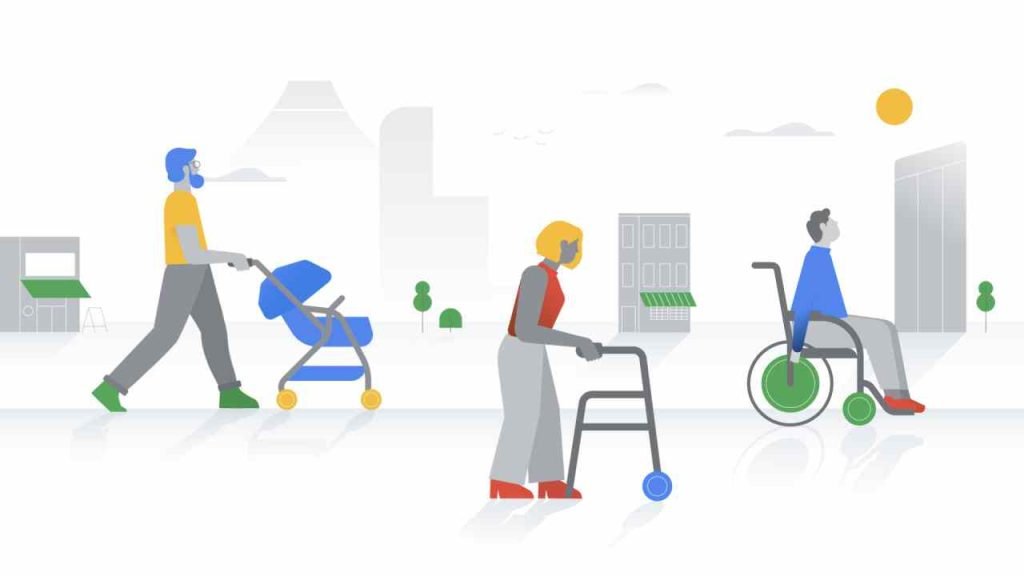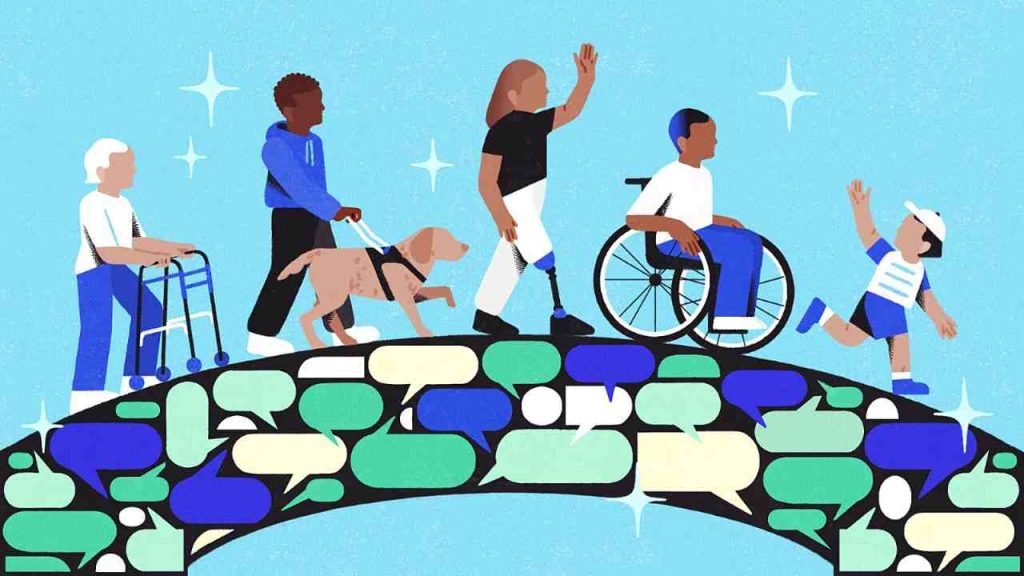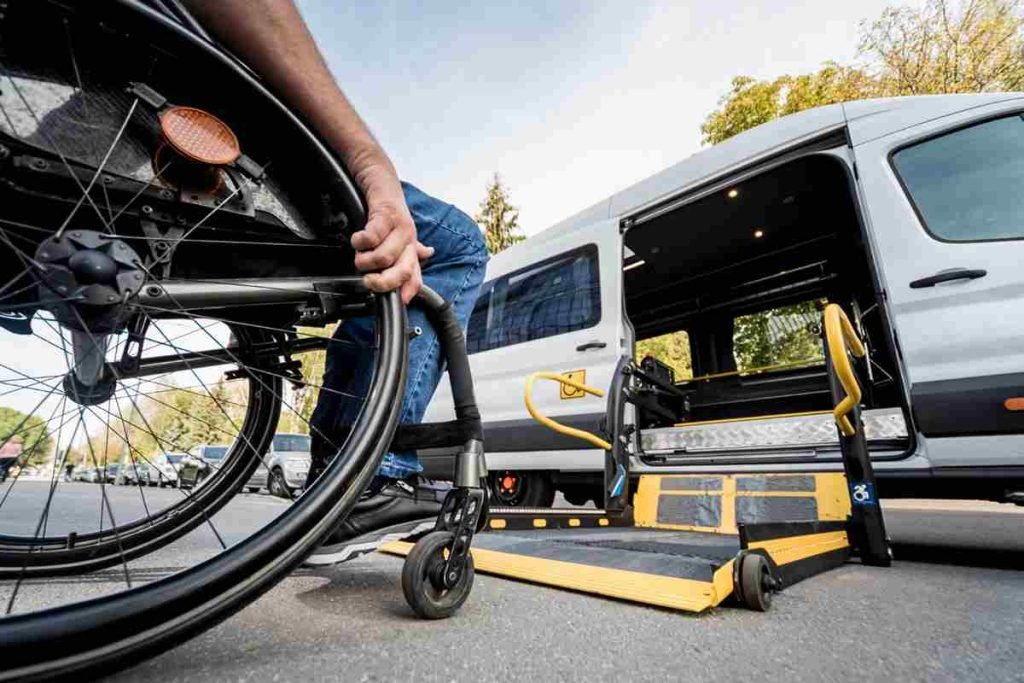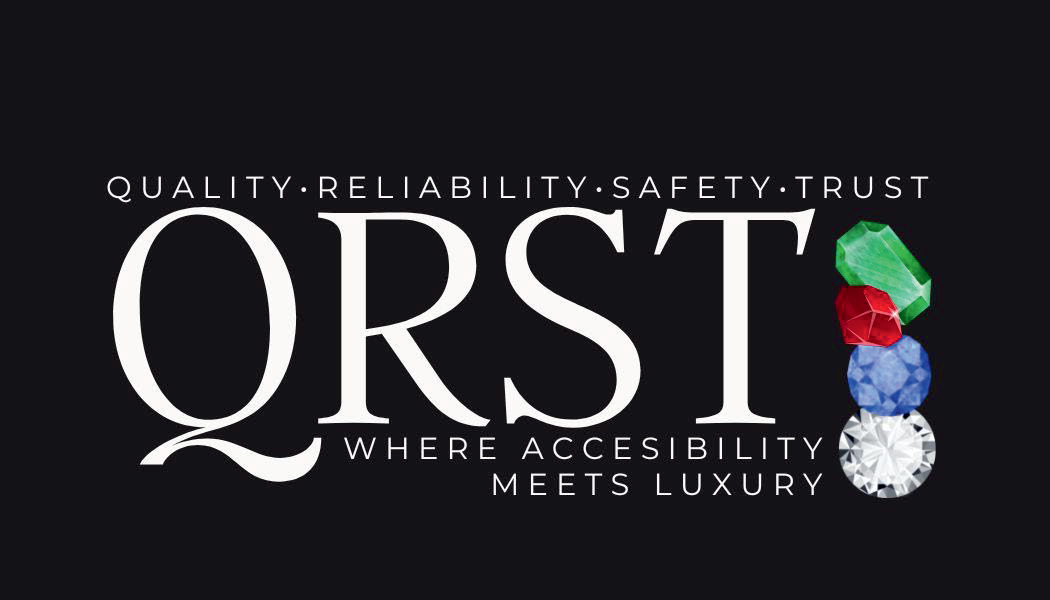Welcome to the intersection of cultural competency and wheelchair transportation in Maryland, where the journey extends beyond physical mobility to embrace the diverse needs of individuals. In our exploration of “Cultural Competency in Wheelchair Transportation: Understanding Diverse Needs in Maryland,” we embark on a profound exploration of how cultural nuances shape the accessibility landscape. This goes beyond ramps and lifts, delving into the cultural intricacies that influence preferences, communication styles, and the very definition of comfort in transportation. Join us with the help of QRST Wheelchair Transportation, as we navigate the roads of Maryland, recognizing that true accessibility encompasses not only physical spaces but also the rich tapestry of cultures that define this vibrant state.

Whether it’s acknowledging unique traditions, language considerations, or individual expectations, this guide illuminates the importance of cultural competency in providing wheelchair transportation services in Maryland. By recognizing and respecting these diverse elements, we pave the way for a more empathetic and tailored approach to wheelchair transportation, ensuring that every journey reflects a genuine understanding of Maryland’s rich cultural mosaic. This holistic perspective underscores the significance of not only physical accessibility but also the cultural sensitivity required to make wheelchair transportation services truly inclusive and accommodating to the unique needs and expectations of Maryland’s diverse population.
Cultural Considerations in Wheelchair Transportation: An Overview
Embark on an exploration of the intricate intersection between traveling with assistive devices and wheelchair transportation. This overview sets the stage by highlighting the importance of cultural competency in providing truly inclusive services, extending beyond physical accessibility to address the diverse needs shaped by cultural nuances. By recognizing the unique challenges and preferences related to traveling with assistive devices, this exploration aims to create a comprehensive understanding of how cultural considerations play a crucial role in shaping an inclusive and accommodating wheelchair transportation experience.
Impact of Language Diversity on Accessible Transportation
Dive into the profound impact of troubleshooting wheelchair-accessible vehicle transmission issues on language diversity in wheelchair transportation. Explore how varying linguistic needs influence communication, emphasizing the need for tailored solutions that bridge language gaps, ensuring effective and empathetic interactions in every stage of the transportation process. By addressing both the technical challenges related to vehicle transmission and the linguistic diversity among passengers

Understanding Cultural Traditions in Wheelchair Accessibility
Uncover the influence of cultural traditions on wheelchair accessibility. Delve into how cultural practices shape preferences, rituals, and expectations, providing insights into tailoring transportation services that respect and accommodate the diverse cultural traditions of individuals relying on wheelchairs.
Individual Expectations: Tailoring Services for Personalized Experiences
Explore the realm of individual expectations and the necessity of tailoring wheelchair transportation services accordingly. Recognize the diversity of preferences, comfort levels, and unique needs among individuals, emphasizing the importance of personalized experiences that align with their expectations for a seamless and culturally aware journey.
Empathy in Action: Navigating Cultural Sensitivity in Transportation
Delve into the practice of empathy as a crucial element in navigating cultural sensitivity within wheelchair transportation. Understand how empathetic interactions and a deep understanding of diverse backgrounds contribute to creating a transportation environment that respects and honors the unique cultural identities of passengers.
Language Barriers and Solutions in Wheelchair Transportation
Examine the challenges posed by language barriers in wheelchair transportation. Highlighting potential obstacles and communication gaps, this section explores practical solutions and strategies to overcome linguistic challenges, ensuring effective and clear communication between service providers and passengers.

Beyond Physical Accessibility: The Role of Cultural Competency
Shift the focus beyond physical accessibility to underscore the paramount role of cultural competency. Explore how an inclusive transportation system involves not only addressing physical barriers but also fostering an environment that values and integrates cultural awareness and sensitivity into every aspect of service provision.
Inclusive Practices: Creating a Cultural-Aware Transportation System
Navigate the concept of inclusive practices in creating a cultural-aware transportation system. Explore the implementation of policies and procedures that prioritize cultural competency, fostering an environment where individuals from diverse backgrounds feel valued and understood in the realm of wheelchair transportation.
The Importance of Cultural Training for Transportation Professionals
Highlight the significance of cultural training for professionals in the transportation industry. Recognize how equipping service providers with cultural competence enhances their ability to understand and respond effectively to the varied needs of passengers, contributing to a more inclusive and culturally sensitive transportation landscape.
Addressing Cultural Disparities in Wheelchair Transportation Services
Confront the challenge of addressing cultural disparities in wheelchair transportation services. This section explores disparities that may arise and offers insights into proactive measures and policies that can mitigate cultural gaps, ensuring equitable and accessible services for all individuals.
Case Studies: Successful Cultural Competency in Maryland’s Transportation Landscape
Conclude the exploration with case studies showcasing successful instances of cultural competency in Maryland’s wheelchair transportation landscape. Real-world examples highlight best practices, lessons learned, and effective strategies that have enhanced the inclusivity and cultural sensitivity of transportation services in the state.
Conclusion:
In concluding our exploration of “Cultural Competency in Wheelchair Transportation: Understanding Diverse Needs in Maryland,” we unveil the intricate layers that contribute to a truly inclusive transportation experience. Beyond the physical aspects, cultural considerations emerge as pivotal in tailoring services to meet the unique needs of individuals. The profound impact of language diversity, understanding cultural traditions, and personalizing experiences underscore the importance of empathy and cultural sensitivity in every interaction. By fostering a transportation system that transcends language barriers and embraces the rich tapestry of Maryland’s diverse cultures, we not only bridge gaps but create an environment where individuals feel valued and understood. Through case studies highlighting successful cultural competency, we envision a Maryland where wheelchair transportation reflects not just accessibility but a celebration of diversity, making every journey a testament to inclusivity.
FAQs:
How does cultural competency impact wheelchair transportation services in Maryland?
Answer: Cultural competency ensures services are tailored to diverse needs, fostering an inclusive environment that respects traditions, languages, and individual expectations.
2. Why is language diversity a crucial consideration in accessible transportation?
Answer: Language diversity influences communication; addressing it ensures clear and empathetic interactions, enhancing the overall quality of wheelchair transportation services.
3. How can wheelchair transportation providers navigate cultural traditions for passengers?
Answer: Understanding and respecting cultural traditions allows providers to tailor services, acknowledging and accommodating the diverse preferences and rituals of passengers.
4. Why is personalizing wheelchair transportation experiences important?
Answer: Personalization acknowledges individual expectations, creating a more comfortable and culturally aware journey for passengers relying on wheelchair transportation in Maryland.
5. What role do case studies play in promoting cultural competency in transportation?
Answer: Case studies showcase successful strategies, best practices, and lessons learned, offering valuable insights for transportation professionals to enhance cultural competency in Maryland’s diverse landscape.
